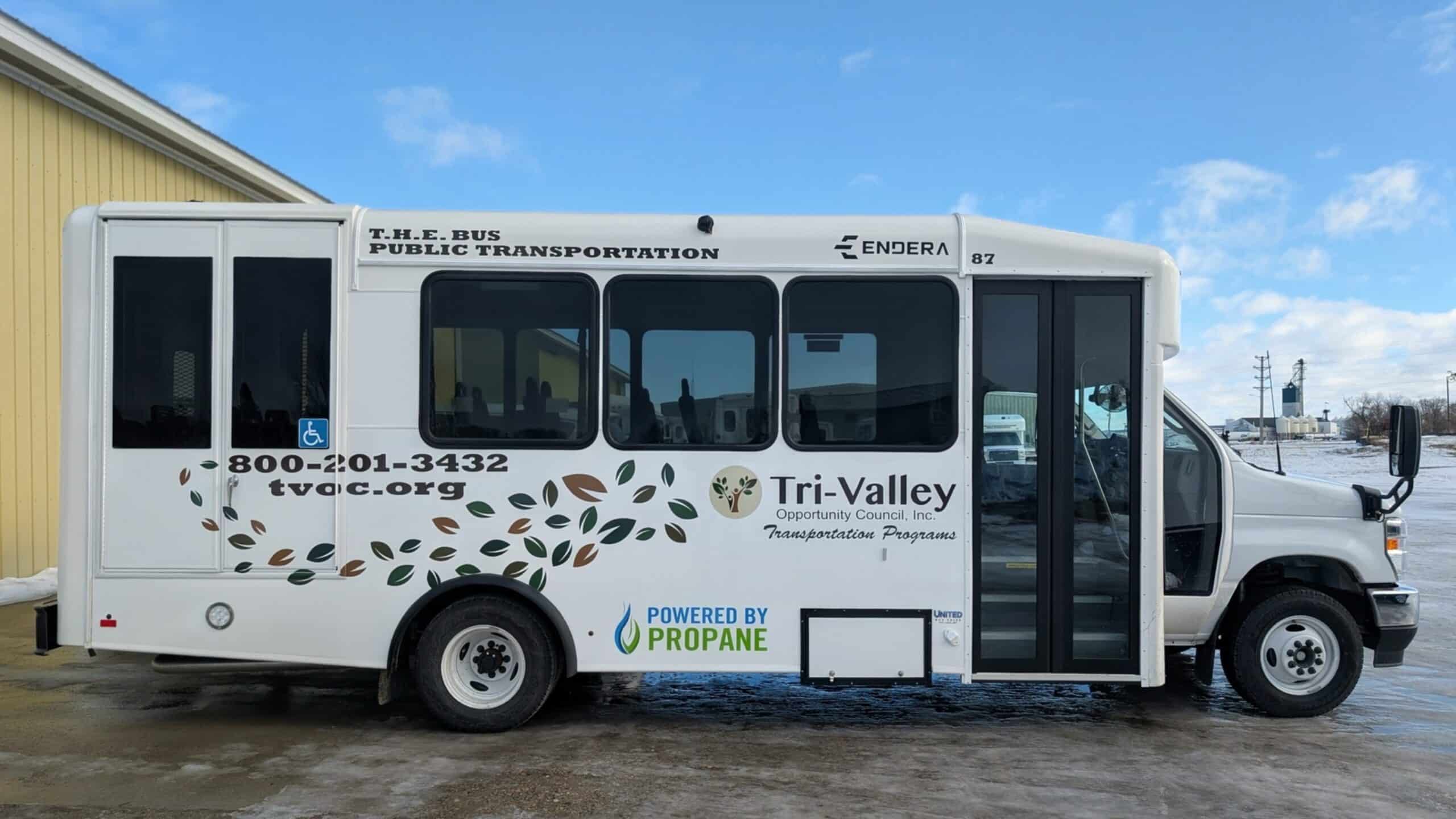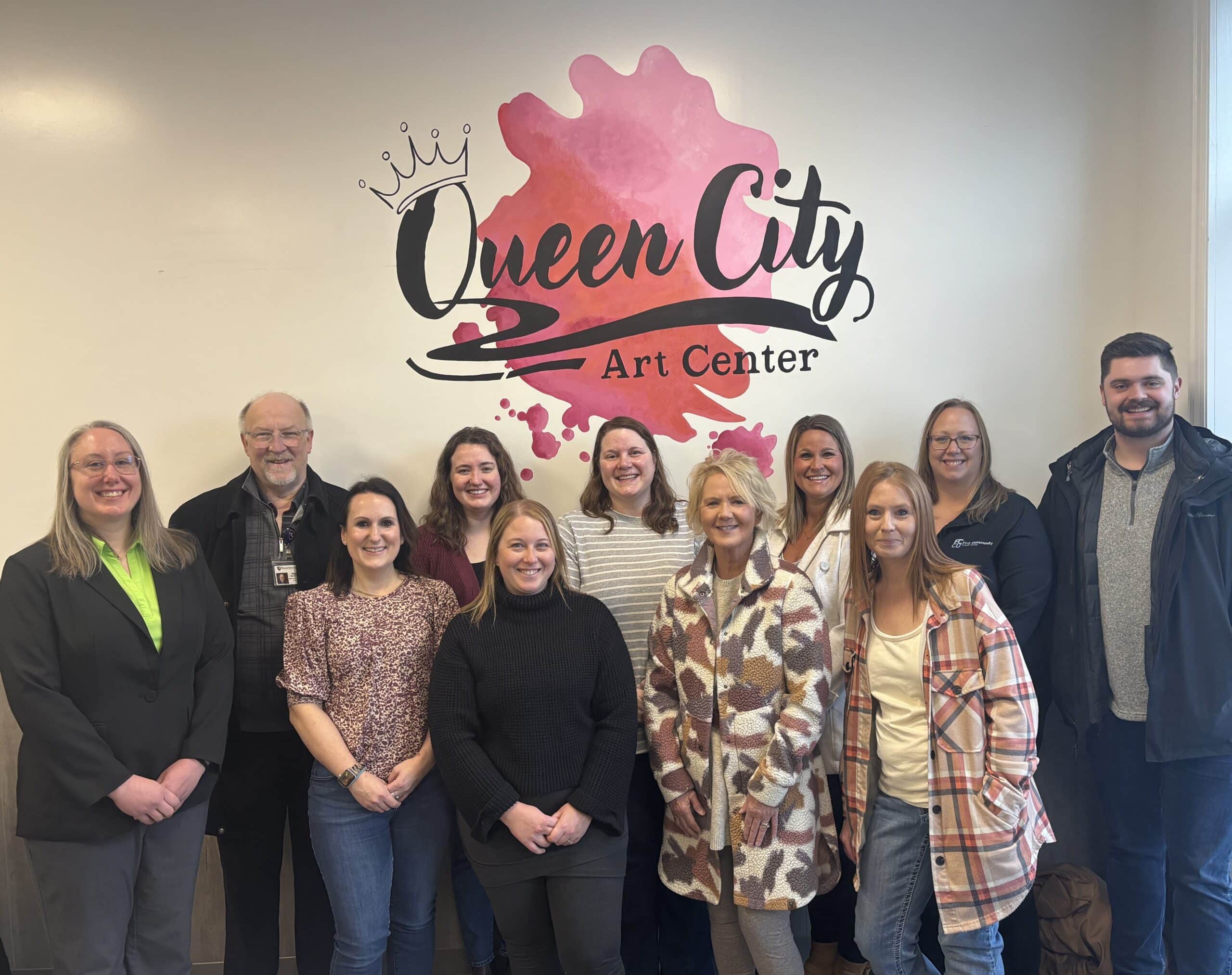Epitome Energy CEO Dennis Egan shared the latest updates with a group of soybean growers Wednesday at the University of Minnesota Crookston. Among those updates was a program to provide equity investors with a premium rate for their soybeans.
In addition to the program, Egan also updated the growers on the types of meetings Epitome Energy is having as they continue towards building a 42-million-bushel soybean crush facility and 30-million gallon biodiesel plant in Crookston. “We came up today and piggybacked on a meeting with the small grains council that was doing some updates, and Polk County soybean growers were there,” said Egan. “It gave us an opportunity to spend 20-30 minutes with them and give them an update on Epitome Energy and the types of meetings we’re having. Also, for us, it was an opportunity to share with the potential growers that might look at an investment in Epitome Energy on a program that we’re putting together.”
The program, explains Egan, is an investment incentive that will pay a premium to investors for their soybeans. “The details still have to be ironed out specifically, and our goal is to have something by mid-February,” said Egan. “But essentially, if you’re going to be a grower and make an equity commitment to this project, you will have the ability to tell us how many bushels of beans you want to deliver to the site. For every bushel that you deliver, there is going to be a premium on that bean. I think the best way and most equitable way is to say how many beans are you going to deliver to the site. And then besides having the narrowing of the basis and the improvement there, they are going to get a premium on top of that because they are an equity player in the project and supporting the project.”
Even though Epitome Energy plans to roll out an incentive program for investors, Egan said that Epitome Energy will still take beans from other growers and the local co-ops they’ve been developing relationships with. “That doesn’t mean that other growers can’t deliver their beans here,” said Egan. “We will absolutely have the ability to take beans in. Our goal still from day one is to continue to talk with and form relationships with the current co-ops in the area to figure out what it looks like to have them procure beans for the site. But we’ve been asked by quite a few growers – can we drop off our beans here and what will that look like? So, we’re putting a program together, I think, will be the best of both worlds with still honoring our commitment to the local co-ops. And at the same time, if you’re driving by and want to drop your beans, you can do that as well.”
This fall, Epitome Energy put their local equity drive on the backburner as many local farmers struggled through the wet fall. Egan said that despite people still trying to figure out the impact the fall had on their operations, Epitome Energy continues to hear there is a great interest in the project from the local growers. “People are still figuring out the impact of the fall whether you were doing soybeans, corn or sugar beets,” said Egan. “What we’ve heard from growers is there is still great interest in this project. There are some insurance payments people are waiting on, some federal dollars. I think with this conversation, we had today on equity growers and having some premiums attached to their beans spurred some additional comments and potential commitments from local individuals. Outside of that, we continue to meet with the larger investment firms because, at the end of the day, when we have to raise $100 million, we know that’s not coming from the local community. But we do have a commitment from a large entity for $1 million if we can raise another million. We have a small angel fund group that has committed some dollars if we can match those dollars. Shared that a little bit with some of these folks today and will keep pressing on.”
Egan also said the internal process for the air permitting and environmental evaluation, which will take about seven months, is progressing. “They are still working internally with our technology providers to identify pipe sizes and boiler sizes and makes and models because all of that has to be documented on our application process,” said Egan. “We know that is a seven-month internal process and might be a little bit longer depending on some air modeling that has to get done and whether we’ll be required to do that with some other operations going on. So, still moving forward.”
Once the internal process and application are complete for the air permitting and environmental evaluation, it will be submitted to the Minnesota Pollution Control Agency. In October, Egan told the Crookston Housing and Economic Development Authority Advisory Committee that the MPCA had, at that time, a queue that was resulting in about a five-month wait before the review process, which is about another five-months, could be started.
Tags:



